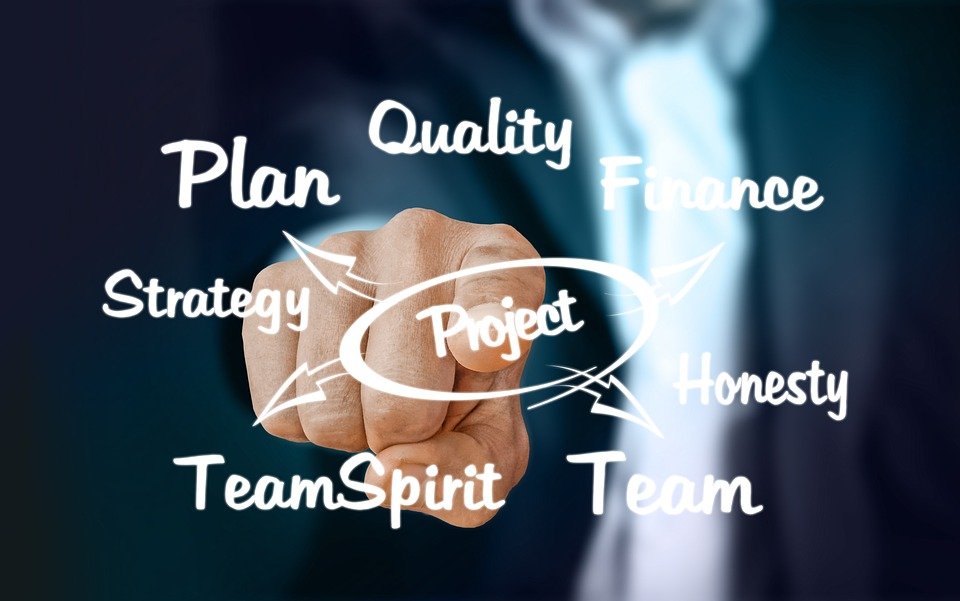Title: The Courage to Be Honest: Overcoming Fear and Embracing Truthfulness
Introduction
Honesty is the foundation of trust and integrity in our relationships, both personal and professional. The courage to be honest means having the strength and resolve to face the truth, even when it is difficult or uncomfortable. It entails overcoming fear and embracing truthfulness in all aspects of our lives, regardless of the consequences. In this article, we will explore the importance of honesty, the barriers we face in being truthful, and the steps we can take to cultivate the courage to be honest.
The Importance of Honesty
Honesty is a core value that many people hold dear. It is often seen as a measure of a person’s character and is highly valued in relationships, friendships, and the workplace. Honesty allows for open communication and understanding, helping to build trust and respect between people. Without honesty, it is difficult for relationships to thrive and grow. In the workplace, honesty is crucial in fostering a healthy work environment, where employees feel valued and heard.
Additionally, honesty is essential for personal growth. When we are truthful with ourselves, we can identify areas of our lives that need improvement and take steps to address them. Honesty helps us to learn from our mistakes and make better choices in the future.
Barriers to Honesty
Despite its importance, honesty is often not easy to practice. Fear is one of the primary barriers that prevent us from being truthful. We may fear the potential consequences of our honesty, such as loss of a relationship, job, or social standing. We may also be afraid of the emotional pain that can come with admitting our mistakes or shortcomings. This fear can lead us to hide the truth, even when we know it is the right thing to do.
Another barrier to honesty is the desire to protect others. We may believe that withholding the truth is the kinder option, as it spares others from pain or disappointment. While this may be true in some cases, it is important to consider the long-term effects of our dishonesty. Often, the truth will come to light eventually, and the consequences of dishonesty will be far worse than if we had been honest in the first place.
Cultivating the Courage to Be Honest
Developing the courage to be honest begins with self-awareness and reflection. Recognize the fears and beliefs that are holding you back from being truthful and consider whether these fears are justified or merely a product of your own insecurities. Remember that honesty is a sign of strength and integrity and that facing the truth is often the first step towards personal growth and healing.
Next, practice honesty in small, manageable ways. Start by being honest with yourself about your thoughts, feelings, and actions. This may involve admitting to yourself when you have made a mistake or recognizing the areas of your life that need improvement. By practicing honesty with yourself, you will build the confidence and courage to be honest with others.
When faced with a situation that requires honesty, take a moment to consider the consequences of both honesty and dishonesty. While it may be more comfortable to avoid the truth in the short term, the long-term effects of dishonesty can be far more damaging to your relationships and personal growth. Remember that honesty is an essential component of trust and respect, and that by being truthful, you are fostering deeper connections with others and yourself.
Finally, remember that honesty is a skill that takes practice and time to develop. Be patient with yourself as you work to overcome your fears and embrace truthfulness. As you practice honesty, you will find that it becomes more natural and comfortable, allowing you to face the truth with courage and resilience.
Conclusion
The courage to be honest is a crucial aspect of personal growth, healthy relationships, and a fulfilling life. By overcoming our fears and embracing truthfulness, we can foster trust and respect with those around us and become more authentic, self-aware individuals. It takes time and practice to develop the courage to be honest, but the rewards are well worth the effort.

